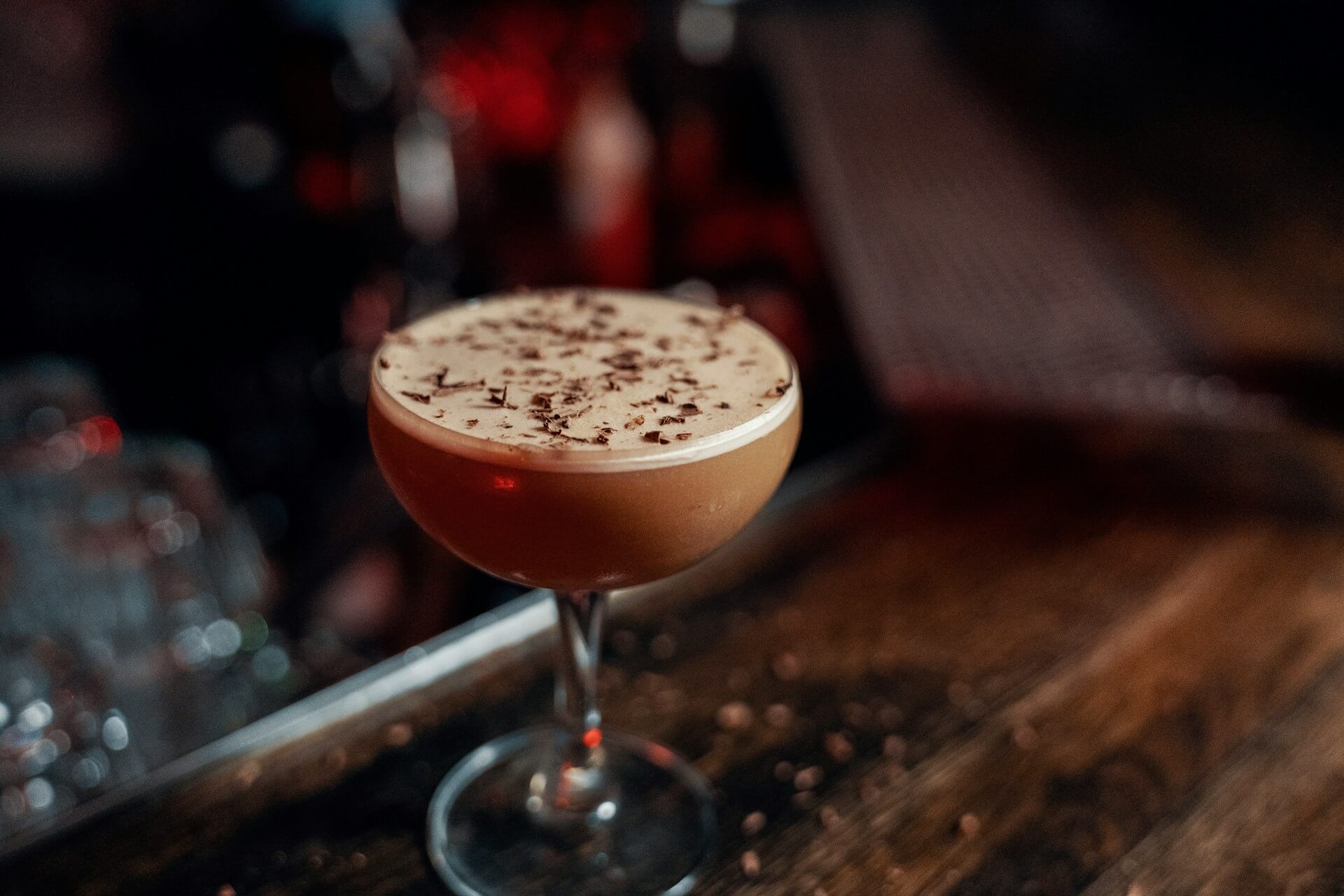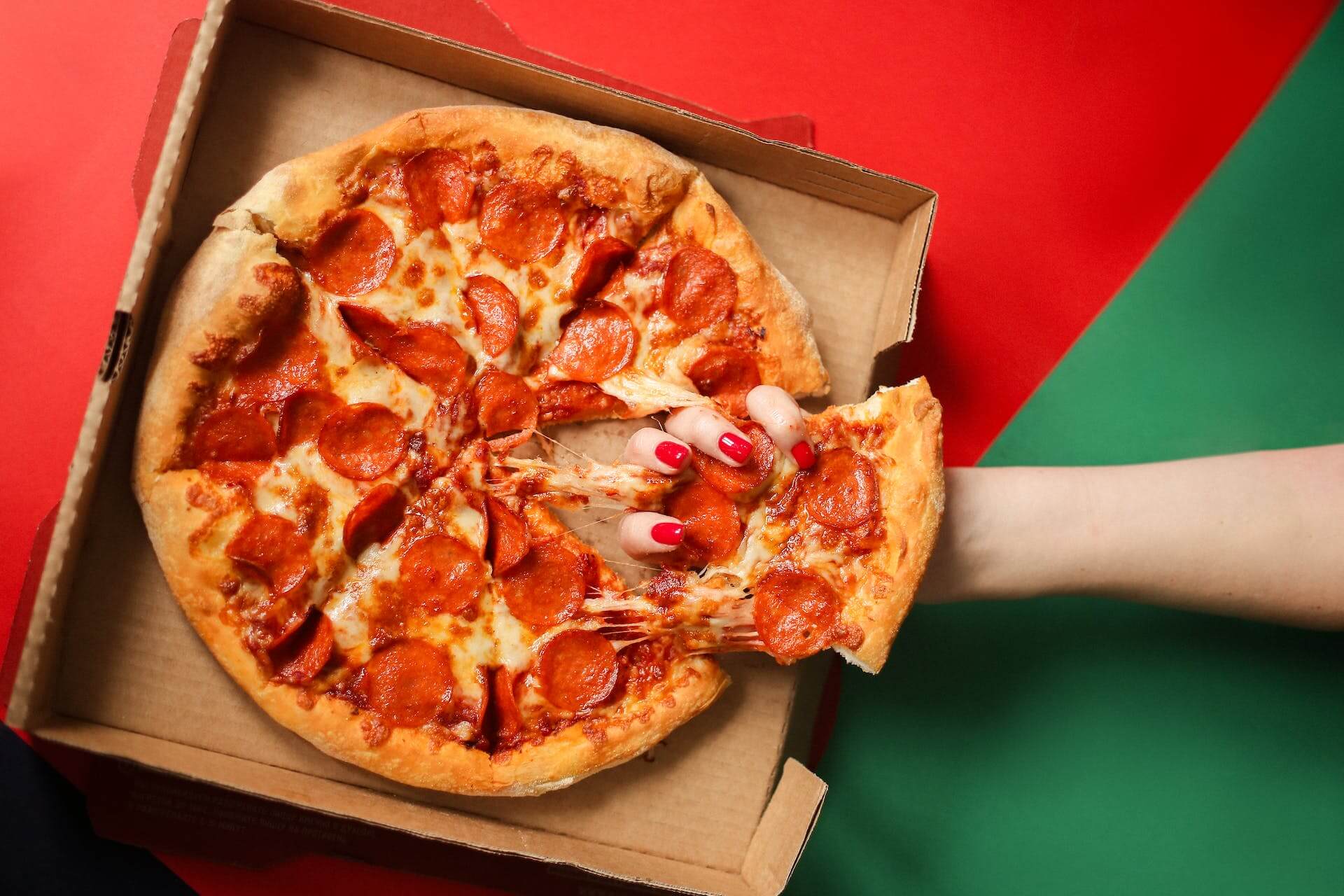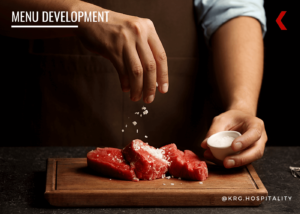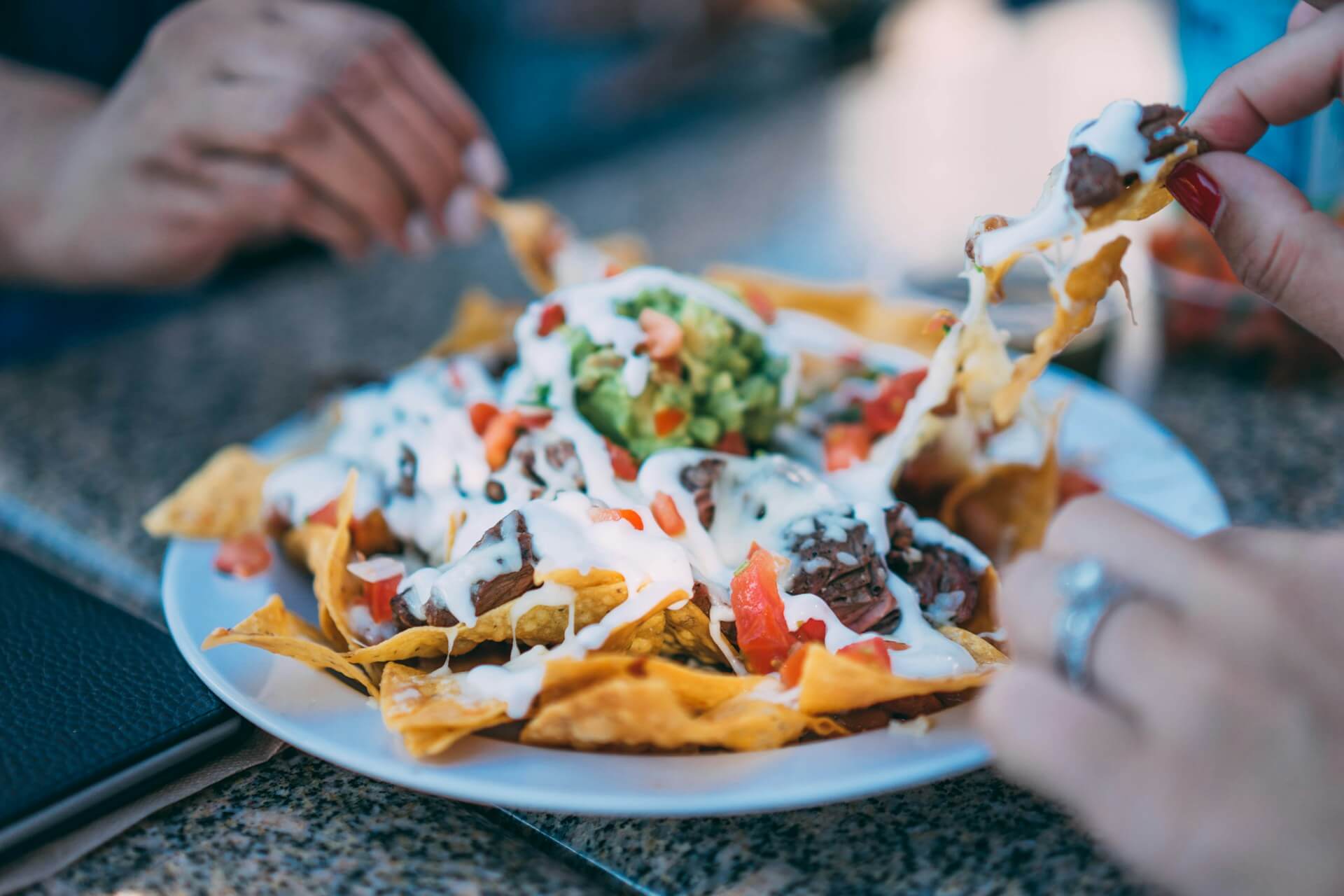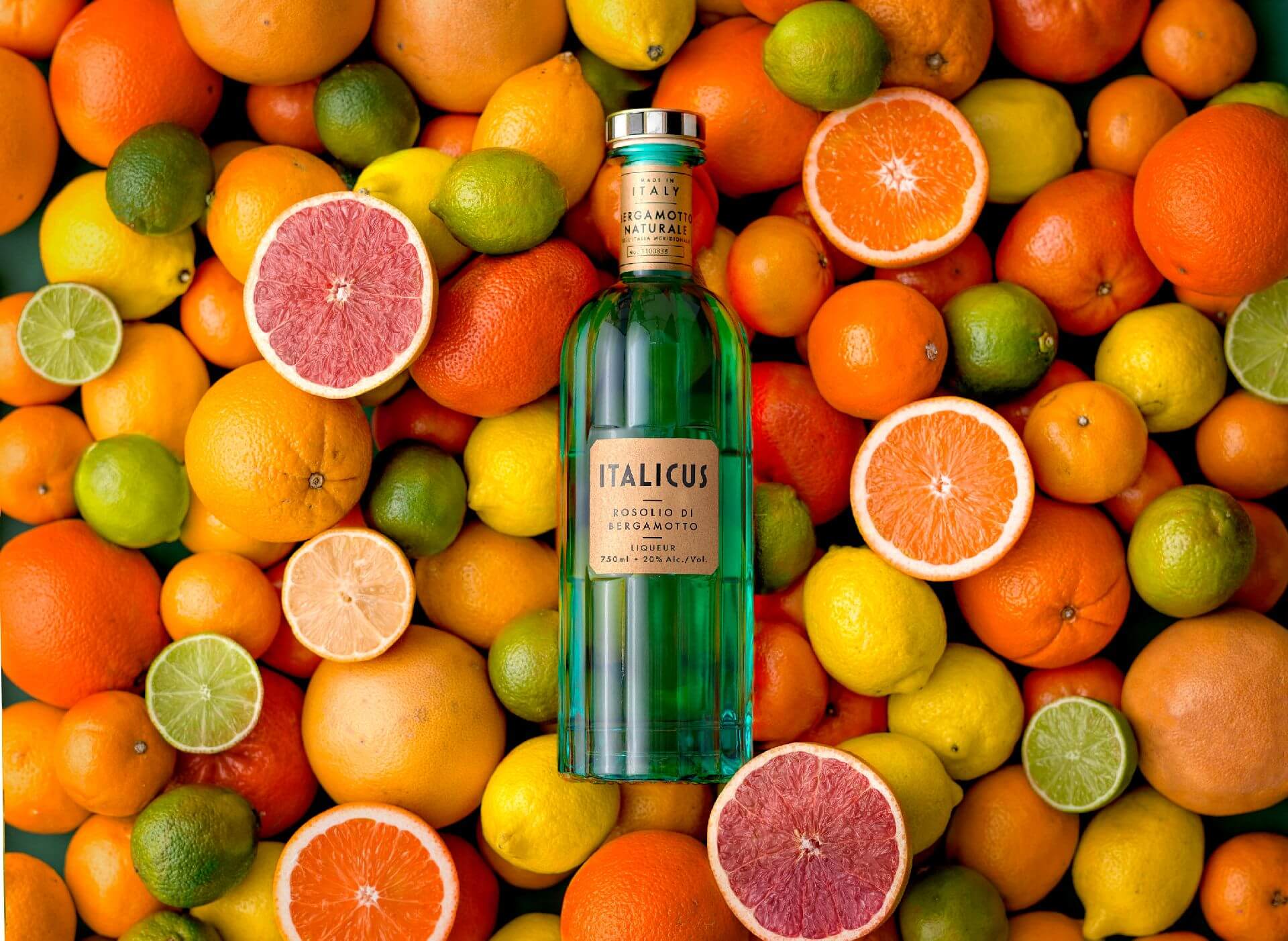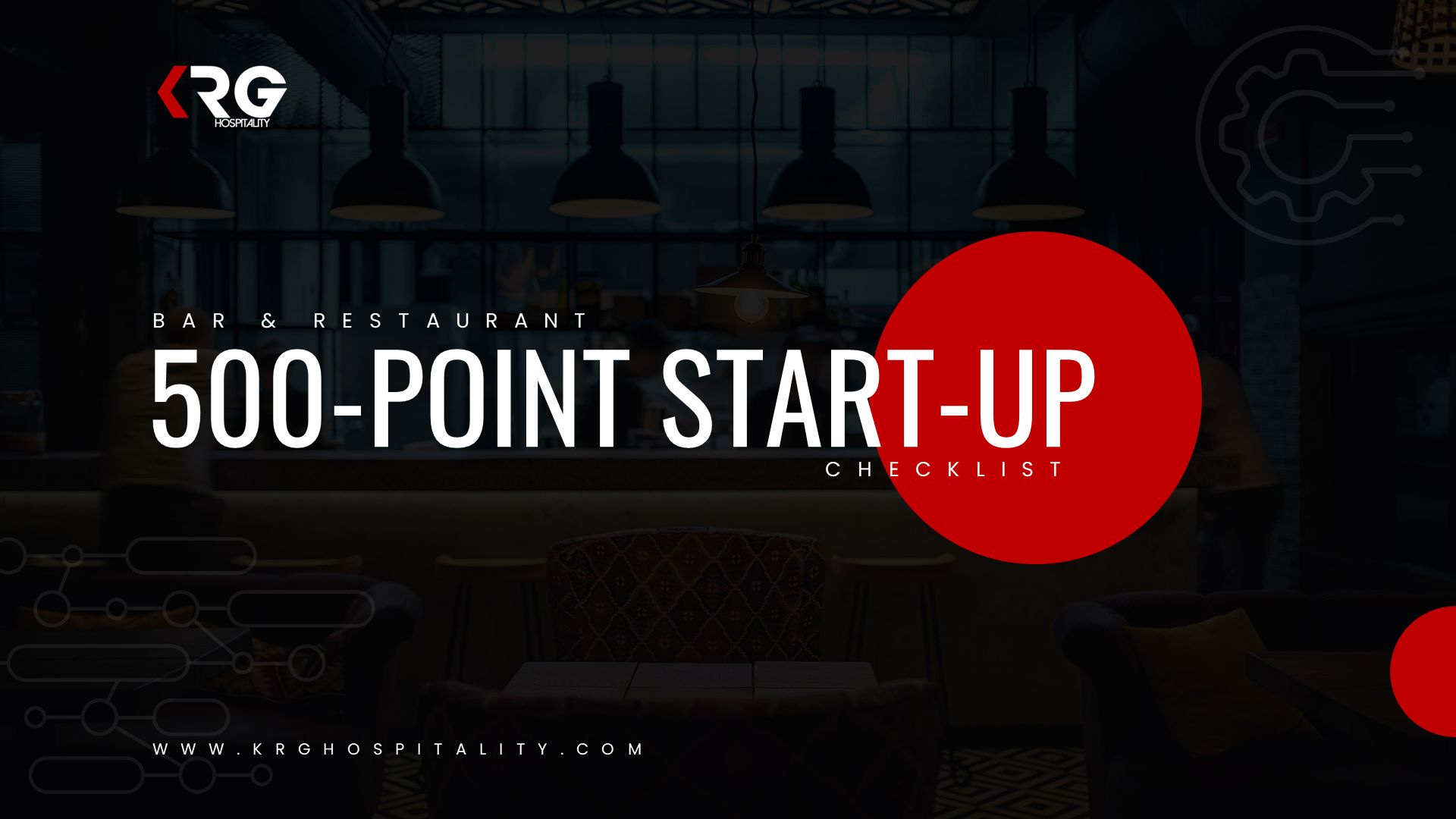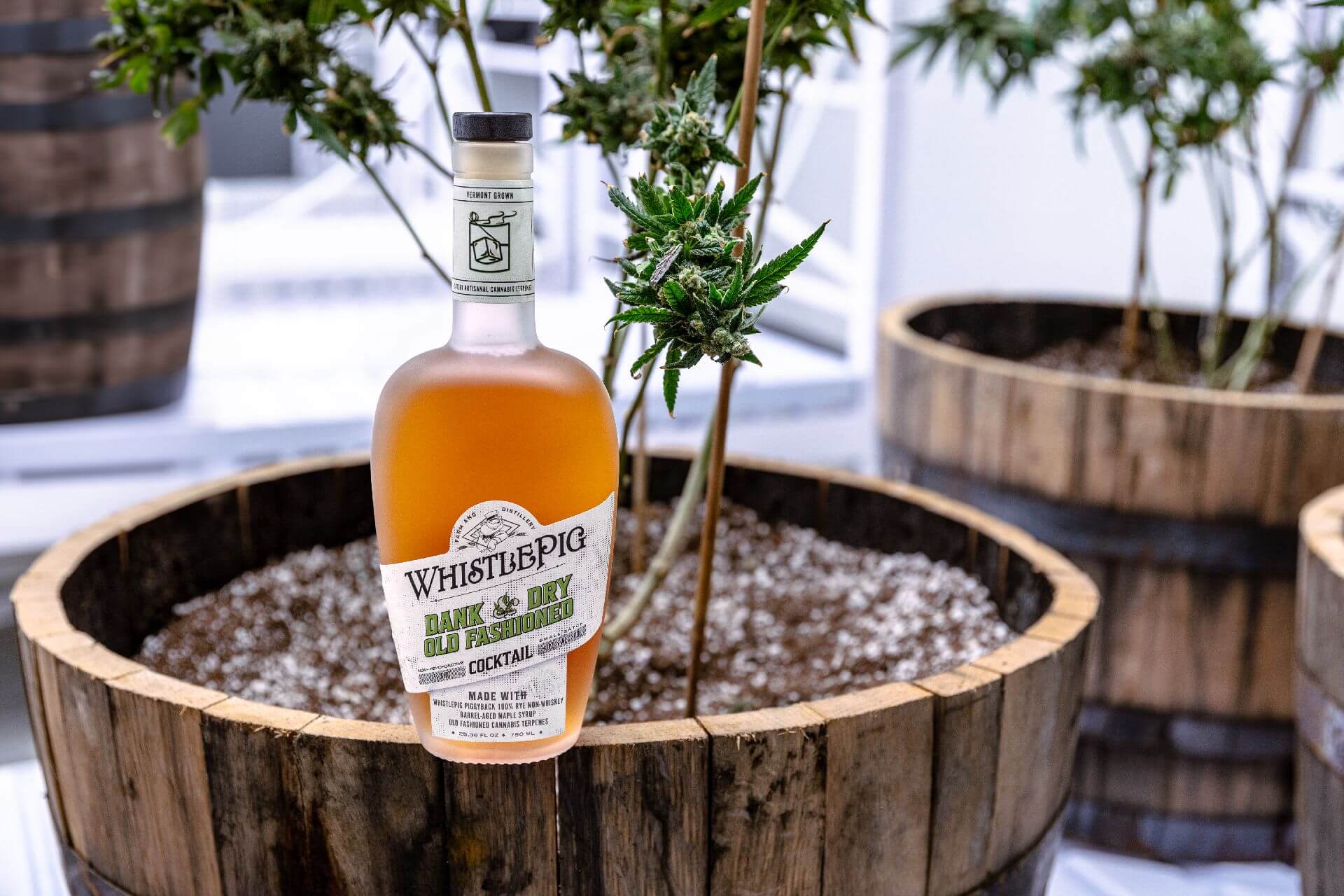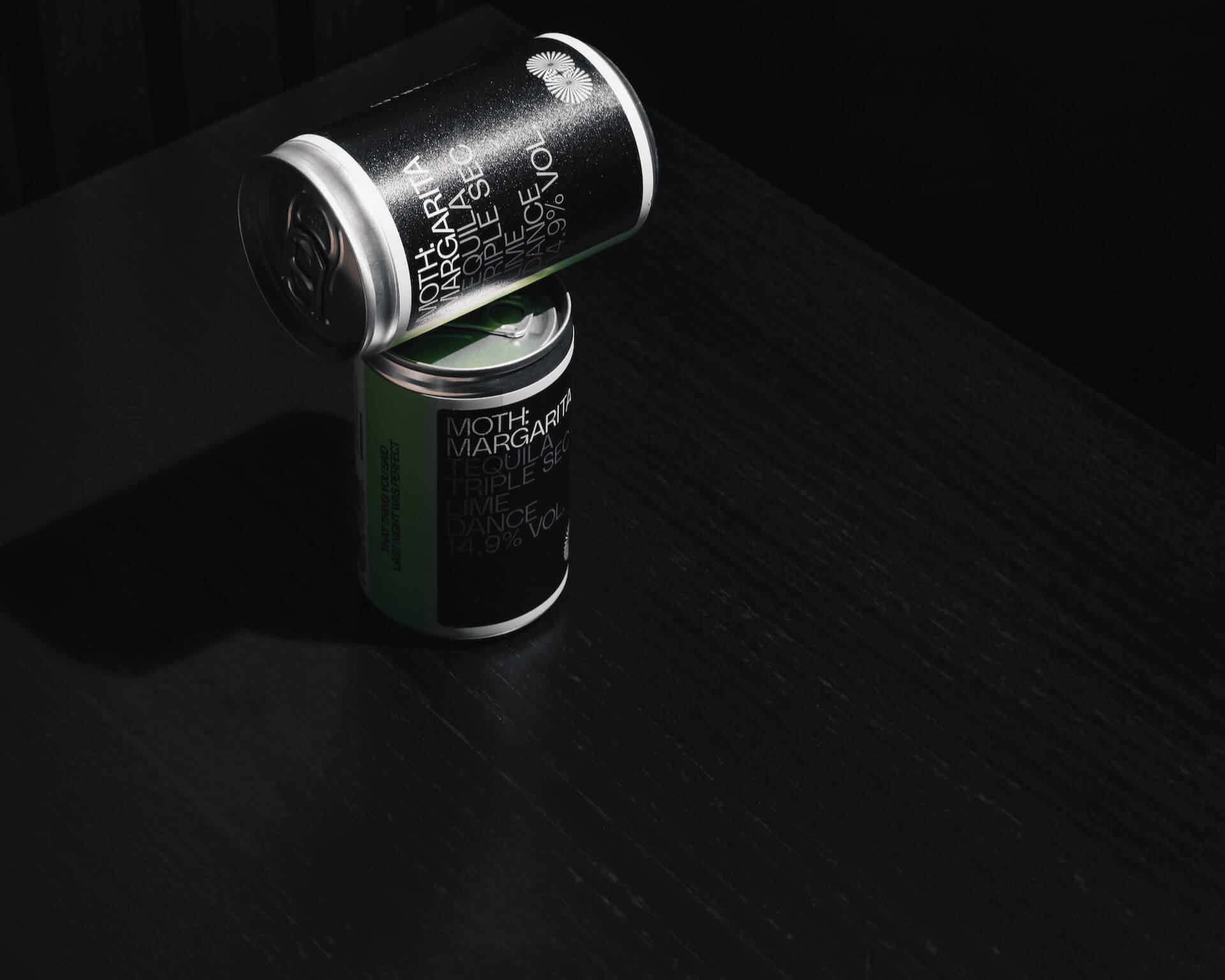Pizza Today Reveals Top New Cheeses for 2024
by David Klemt
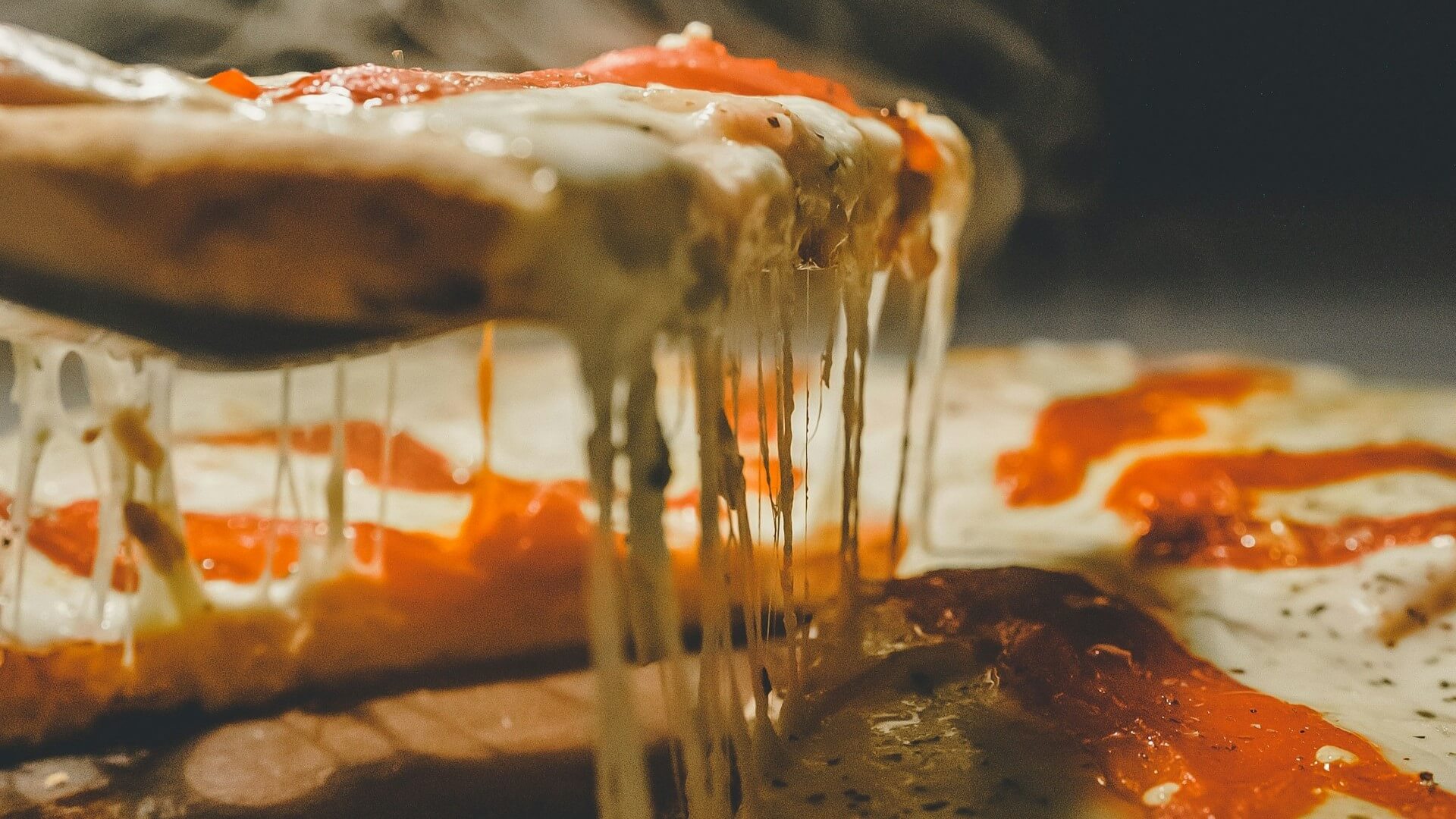
Pizza Today‘s informative 2024 Pizza Industry Trends Report is full of useful information, from top styles and toppings to new cheeses guests can choose.
Two weeks ago we did a deep dive into the top eleven pizza styles going into 2024, per Pizza Today. Click here to read that article.
Last week we checked out what the pizza publication had to say about top pizza styles by region. Additionally, we looked at the top toppings nationally and regionally. You can read that article here.
Now, we’re going to talk about what Pizza Today has learned about the top cheeses operators are putting on their menus.
Top Pizza Styles, Nationally and Regionally
Before we jump into the cheeses, a quick recap of the top pizza styles in America.
- New York
- Traditional American
- Sicilian
- Deep Dish
- Neapolitan / Napoletana
- Chicago Thin / Tavern-style
- Detroit
- Grandma
- California / American Artisan
- NEOpolitan / Neo-Neapolitan and Chicago Thick (tie)
And now, the top trending pizza styles.
- Detroit
- Deep Dish and Grandma (tie)
- Sicilian
- New York
- Chicago Thin
Finally, the top pizza styles by region. For a more detailed explanation of each region, click here.
The West
- New York Style
- Traditional America
- California/American Artisan
- Sicilian
- Neapolitan
The South
- New York Style
- Traditional America
- Sicilian
- Deep Dish
- Neapolitan
The Midwest
- Traditional America
- Chicago Thin
- New York Style
- Deep Dish
- Detroit
The Northeast
- New York Style
- Sicilian
- Traditional America
- Neapolitan
- Grandma
Top Pizza Toppings, Nationally and Regionally
We’re almost to the cheeses. First, a recap of the most popular items to put on top of cheese.
Well, unless we’re talking a stuffed pizza. Click here and scroll to Deep Dish to see what I mean.
Now, the top toppings across the US.
- Pepperoni
- Sausage
- Mushroom
- Extra Cheese
- Bacon
- Chicken
- Onion
- Red/Green Bell Pepper
- Ham
- Black Olives
- Meatballs
- Canadian Bacon
- Jalapenos
- Pineapple
- Beef
- Basil
- Banana Peppers
- Fresh garlic
- Tomatoes
- Spinach
Below, how toppings break down regionally.
The West
- Pepperoni
- Sausage
- Mushroom
- Chicken
- Bacon
The South
- Pepperoni
- Sausage
- Mushroom
- Extra cheese
- Bacon
The Midwest
- Pepperoni
- Sausage
- Mushroom
- Bacon
- Onion
The Northeast
- Pepperoni
- Sausage
- Mushroom
- Extra cheese
- Bacon
Top “New” Cheeses
Okay, so we’ve reviewed top pizza styles. We’ve done a recap for toppings.
So, what are some of the top “new” cheeses going onto those pizza styles and being covered in all those toppings?
It may seem odd the refer to the cheeses below as “new.” In this context, “new” means, “not mozzarella” or “not provolone,” for the most part. Or, if you’re in St. Louis, “not Provel.”
- Ricotta
- Cheddar
- Fresh Mozzarella
- Goat Cheese
- Parmigiano Crema
- Cotija Cheese
- Scamorza
- Vegan Cheese
- Blue Cheese
- Feta
Guests love personalization, and they love the opportunity to try new foods and new takes on foods they know.
Scamorza
For the most part, you’re likely familiar with all the cheeses above. However, if you’re like me, you may be unfamiliar with scamorza. If that’s the case, I looked into it for both of us.
Like mozzarella, scamorza is made from either stretched cow or water buffalo milk cheese curds. This cheese originates from Italy and comes in two styles: scamorza bianca or and scamorza affumicata. The former is white or natural, while the latter is smoked and brownish in appearance.
Further, bianca is a mild, somewhat sweet cheese. Affumicata, being smoked, delivers a more savory and, as one would expect, smoky flavor.
Vegan Cheese
If you aren’t offering vegan or plant-based cheese for your pizzas, you may not know what brands to use.
Well, don’t worry. I’ve also done some legwork into this topic.
Brands to check out are Violife, Diya, Chao, and Miyoko’s. As plant-based alternatives become more commonplace and expected by guests, I expect more commercial vegan-friendly cheeses to become available. Perhaps we’ll see some at this year’s National Restaurant Association Show.
Image: Pablo Pacheco on Unsplash


